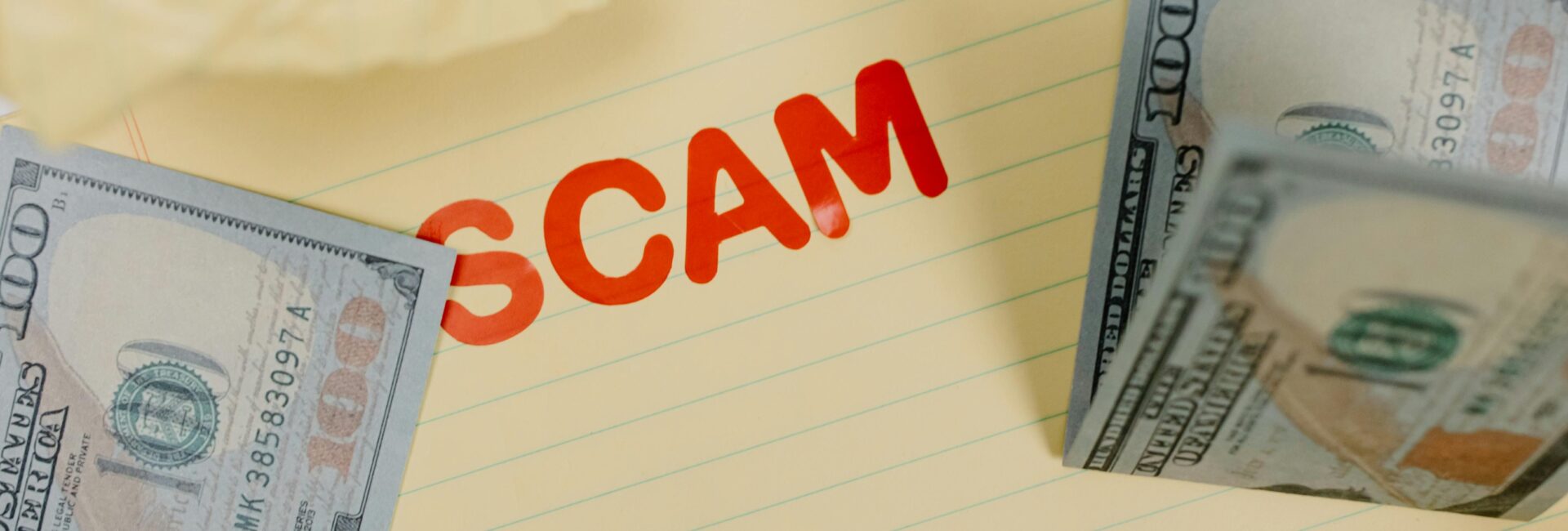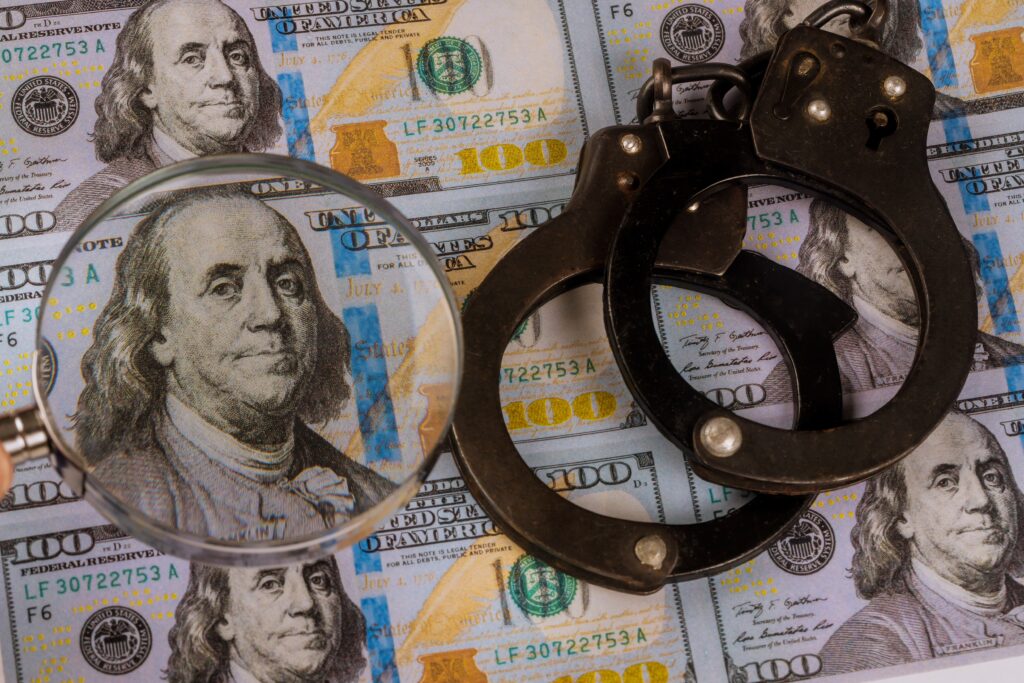Beaware
Our research team find this broker as illegal broker with no regulatory authority


Forex advertisements on social media these days are usually associated with images of opulent homes or cars, and some scammers even seek out celebrity endorsements in an attempt to convert followers into paying customers.
Maintaining forex scams is a possible option for those lacking the patience needed to profit from forex trading. Some of them act in this way because they are already somewhat knowledgeable about forex trading.
Over £27 million was lost by UK residents to online FX and cryptocurrency scams in 2018 and 2019, according to a report from the UK’s FCA.
Unlicensed forex brokers or dealers:
Scam #1
In several regions of the world, regulatory bodies oversee retail forex and CFD trading. The Cyprus Securities and Exchange Commission (CYSEC), the Financial Conduct Authority (FCA) in the United Kingdom, the Australia Securities and Investment Commission (ASIC), the Financial Conduct Authority (FSCA) in South Africa, the CMA in Kenya, and so on. Retail forex trading is not regulated in many nations, hence forex brokers that operate in unregulated areas do so under the cover of international licences, most often from offshore regulators.
Forex trading is unregulated throughout the majority of Africa and Asia, according to a Safe Forex Brokers UK report, yet many international CFD brokers continue take on customers from these regions. These brokers actively push forex without any limitations in addition to accepting it.
Most of the brokers in these locations are not licenced by any regulatory agency, although there are a few well-known forex brokers who have a history of being properly regulated in several different regions.When a trader pays money into an account, he cannot withdraw it; unlicensed brokers run brokerage businesses and provide trading platforms to the general public.
Generally speaking, you should check for a list of authorised forex brokers in your nation on the website of the relevant regulator before doing business with any forex broker, wherever in the globe.You must to stay away from dealing with overseas brokers if trading forex and CFDs is prohibited in your nation. If there’s a grey area—that is, if there are no regulations but trading is still legal—and you still want to engage in the market, steer clear of brokers who lack several regulations. Always confirm the broker’s legitimacy and authorization on the Regulator’s website.

Scam #2: Sellers of fake signals
Scammers may provide trading signals and robots that are programmed to notify traders when to enter a transaction or exit one. These forex robots aren’t meant to be your go-to source for market predictions; instead, you should use them to help with technical analysis.The sellers could claim that their signals have a 98% success rate and ask the trader to pay them a fee. Following payment of the charge, the trader starts to get email alerts whenever a new signal is released, and they use this information to conduct trades.
The issue is that, in most cases, the fraudster stops talking to the trader after sending a few email signal notifications following the trader’s payment of money. Furthermore, these signals may not always be effective.Scammers tend to target novice traders who are eager to benefit and are searching for a low-risk method that ensures success.
Scam#3: Price manipulation
The majority of forex brokers’ Standard Accounts are spread-only and commission-free, but they make up for it in the spread. The spread is the discrepancy between a currency pair’s ask and bid prices.Due to their heavy trading volume, major currency pairs such as EUR/USD have tighter spreads, whereas developing market currency pairs have wider spreads.
Major currency pairs such as the EUR/USD will exhibit extremely wide spreads when the price is manipulated.It is possible for the broker to fabricate an explanation for why their spread is greater than that of other brokers, citing their bank as the reason behind the difference. It is advisable for traders to inquire with different brokers about their spreads for the particular currency pair.
Does the broker regularly tamper with the prices?
Additionally, a currency pair’s bid and ask rates may fluctuate between the time a deal is opened and when it is executed. The term “slippage” describes this.
A trader in a volatile forex market may occasionally be exposed to currency risk in addition to network glitches that slow down trade execution speed.
Do the slips happen too often?
The trader’s stop loss order becomes a market order, forcing the trader to cut losses and sell the currency pair at the next available price that the broker purchases at a discount. A scam forex broker could take advantage of this and refuse to execute orders on time until the exchange rate of a currency pair falls.A trader can purchase guaranteed stop loss orders (GSLOs) at a refundable premium from certain brokers, such as CMC Markets, to protect themselves against the possibility of slippage.
Traders must to consistently check internet app stores and read reviews left by users on the apps their brokers use to see if anyone is reporting price manipulation or other illicit activity. This is a visit that ought to be made often.

Scam #4:HYIPs, or high-yield payment plans
High Yield Investment Programmes (HYIPs), which are similar to Ponzi schemes, gather funds from the general public, promising to use them for forex trading or other investments with a percentage of the profits for each donor. Similar to funds, they function by raising capital to make investments on behalf of customers.Additionally, they start paying the original contributors returns on their investment and make very large returns promises.
The reason their victims fall for them is that Ponzi schemes recycle the money received from original contributors and utilise it to pay new contributors, creating the appearance of legitimacy. Investors are persuaded to increase their contributions to the scheme when they observe their investment growing.
The managers of Ponzi schemes shut down and flee after amassing enormous sums of money from their victims.
These kinds of FX scams are highly prevalent in African nations. For instance, investors in Nigeria were the primary target of a recent scam involving MBA Forex. A forex company with a trading platform is typically involved in multi-level marketing and forex pyramid schemes. The pyramid strategy is employed to incentivise traders as they seek to draw additional traders to their platform.
This method involves the top individual recruiting two people who will be at the base of the pyramid. The pyramid keeps expanding as the two individuals beneath him go on to recruit three more people.The highest ranking employee receives a commission for each new hire, and so forth. You get paid more commission the higher you get on the pyramid.
A con artist might employ a similar approach to entice others to utilise his business, then sell them forex videos, signals, and materials before vanishing with their money. When investigations begin, initial HYIP beneficiaries can still have their money taken away from them, so it’s best to avoid trying to hit it fortunate and steer clear of these HYIPs completely.
A company’s licence to operate in your nation and provide investment advice should always be inquired about, checked, and confirmed by investors. Do they have to follow any regulations from the appropriate regulatory bodies in order to accept public cash for investments?
Scam #5: Bonus and reward promises
Margin trading has a significant risk of loss due to the extreme volatility of forex markets. Therefore, in order to alert prospective traders to the risks associated with trading forex and CFDs, brokers are mandated by major authorities to post risk statements on their websites.Therefore, if a broker is spotted advertising bonuses like risk-free trading, 80% returns on buying trading signals, or a $50 bonus upon creating an account, this is cause for concern.
These rewards claims are merely red herrings, designed to divert the trader’s attention from the essential due diligence. Brokers are prohibited from making offers by the majority of significant regulators.

